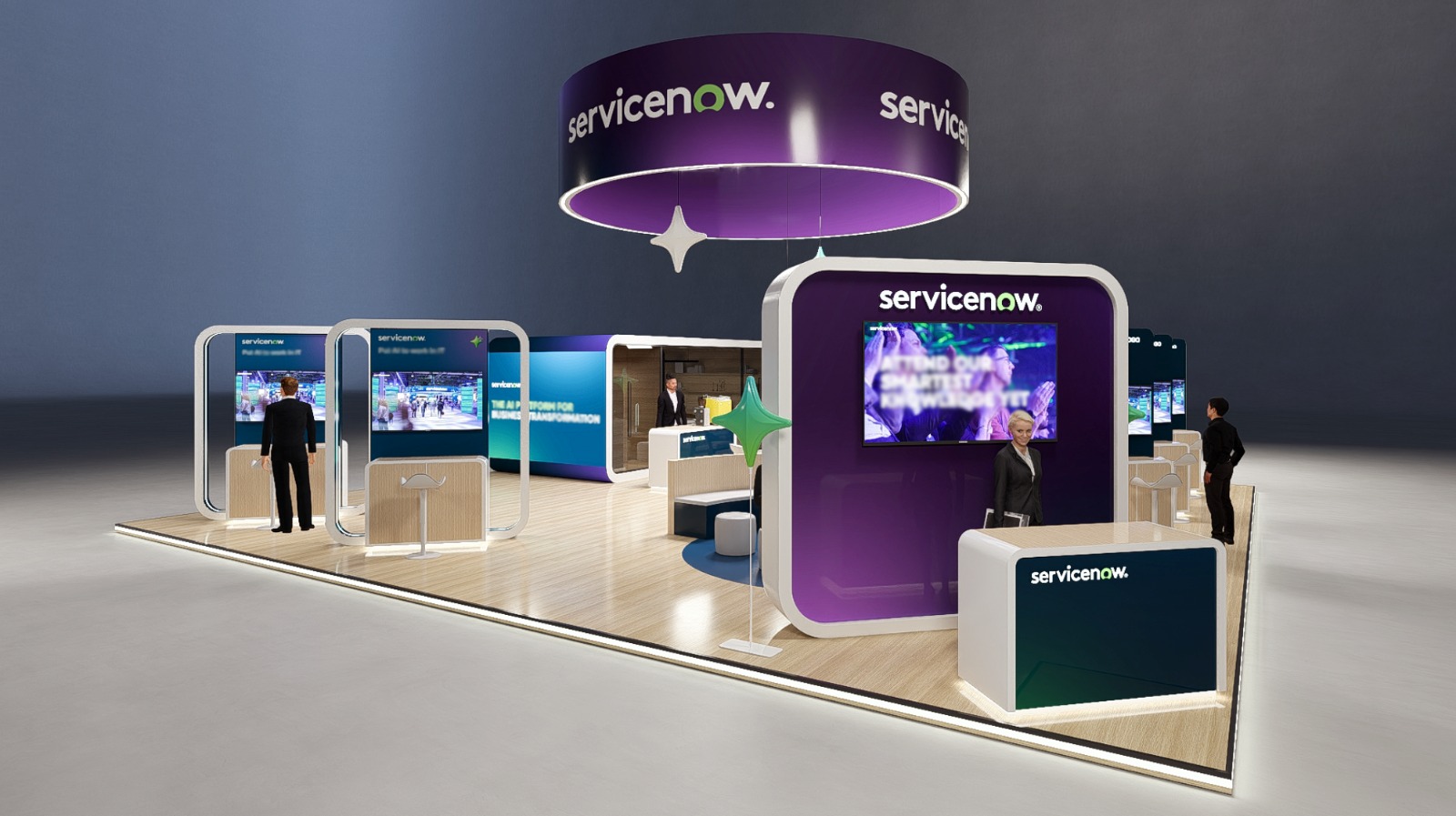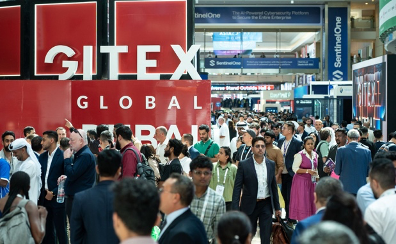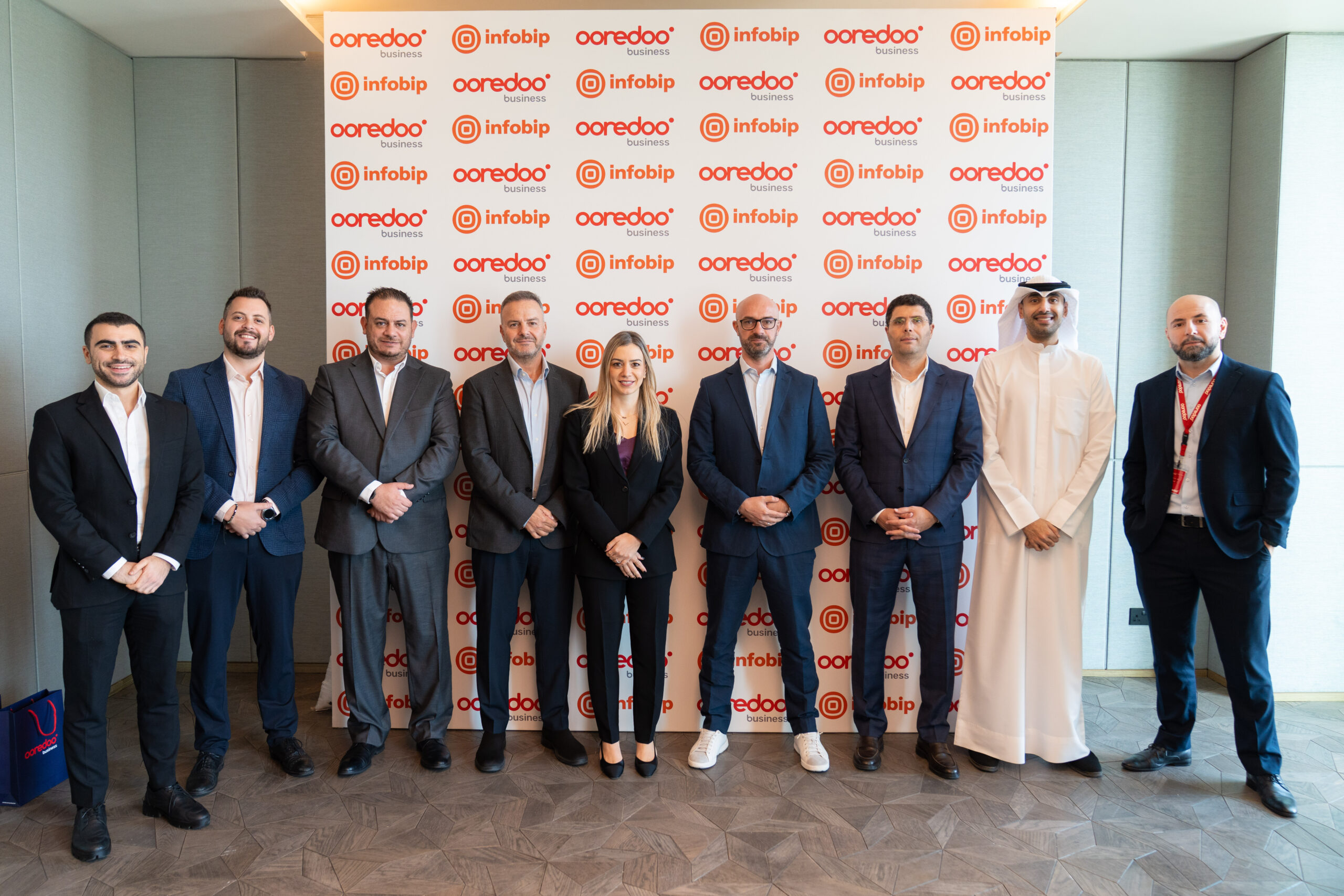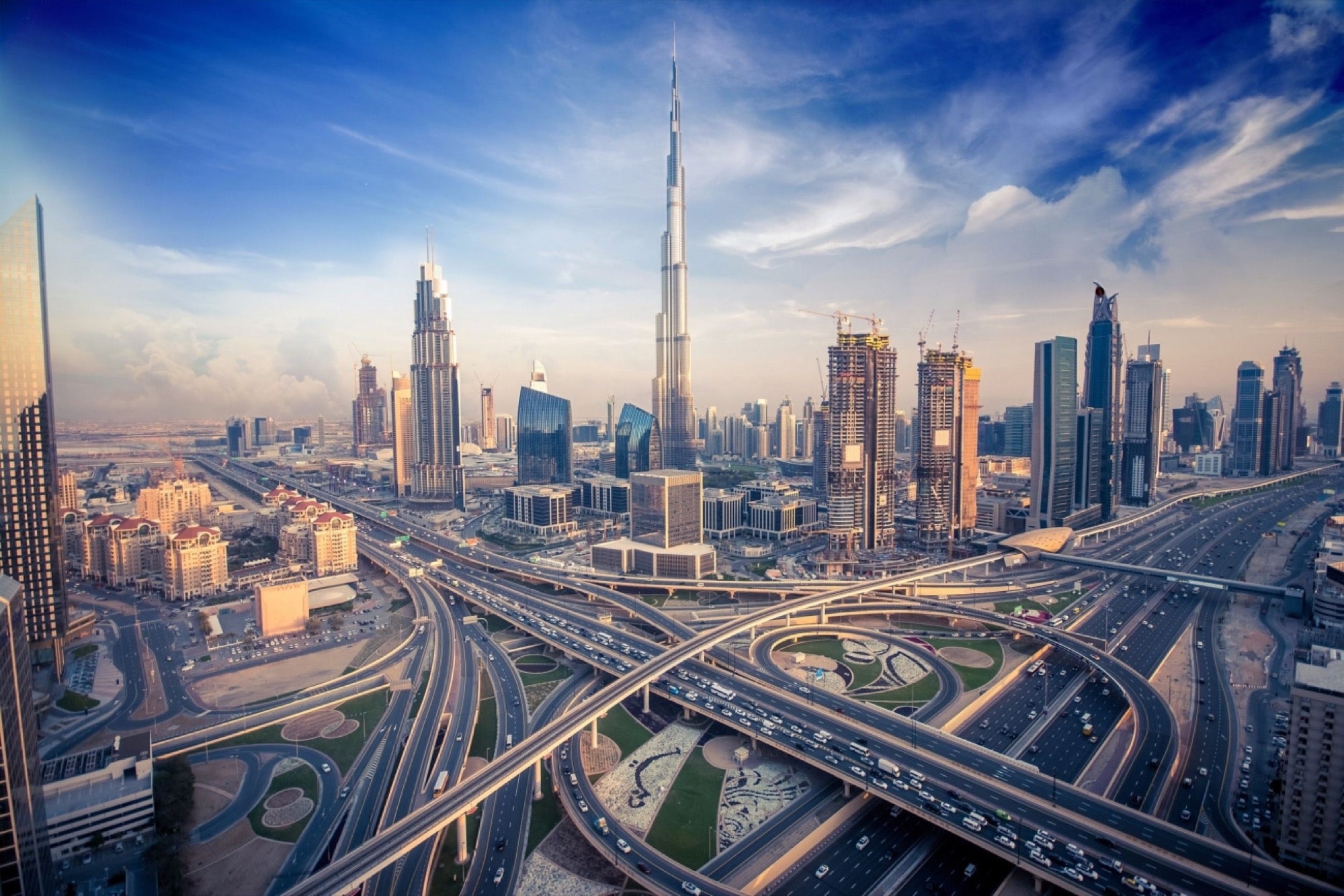AI’s Transformative Impact on Global Trade Unveiled
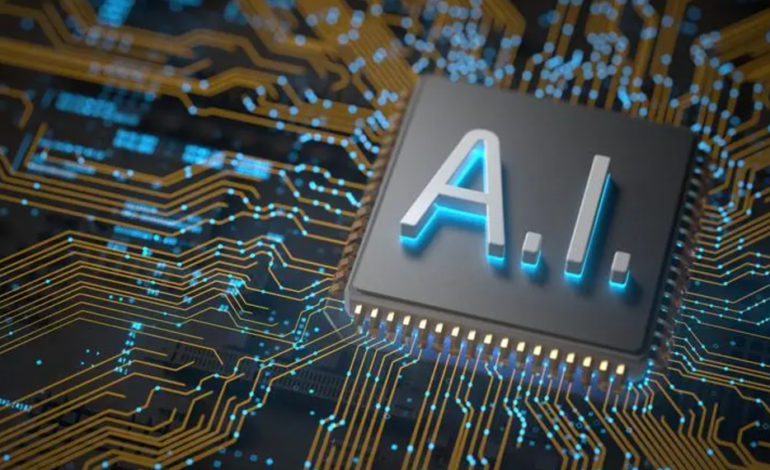
The World Trade Organisation (WTO) Secretariat convened a landmark conference titled “How AI Shapes and is Shaped by International Trade” to delve into the transformative potential and challenges artificial intelligence (AI) brings to global trade. The event united experts from governments, international organizations, academia, and the private sector to discuss AI’s implications for sectors such as services trade, customs, agriculture, and intellectual property, while addressing the importance of fostering trustworthy AI.
A key highlight was the unveiling of the WTO Secretariat’s latest report, “Trading with Intelligence: How AI Shapes and is Shaped by International Trade”. The report explores AI’s capacity to lower trade costs through advancements in logistics, regulatory compliance, and business communication, emphasizing the technology’s potential to drive economic growth and trade efficiency.
In her opening remarks, WTO Director-General Ngozi Okonjo-Iweala underscored AI’s sweeping societal and economic impact, citing its applications in autonomous vehicles, precision agriculture, and healthcare. She stressed AI’s ability to democratize international trade, saying: “AI could lower the barriers to market entry, providing more small businesses with the opportunity to participate in international trade.”
Okonjo-Iweala also highlighted case studies from the report, demonstrating AI’s effectiveness in detecting supply chain disruptions, tracing carbon footprints, and streamlining customs procedures. These applications, she noted, position AI as a key driver of sustainability and trade efficiency.
Baroness Maggie Jones of Whitchurch, Parliamentary Under-Secretary of State for the UK’s Department for Science, Innovation and Technology, delivered the keynote address. She emphasized the UK’s commitment to placing AI at the heart of its economic strategy, noting its potential to reduce trade barriers and foster inclusive growth. “AI will change our societies and economies,” she said. “Our choice is not whether that change happens, but how we shape the future of this technology to benefit all countries and protect citizens from its risks.”
The conference featured six focused sessions exploring AI’s intersection with international trade. Discussions ranged from AI’s impact on services trade and customs efficiency to its role in agriculture and the need for balanced intellectual property regulations. Sessions also examined the importance of standards and technical regulations in ensuring trustworthy AI and the role of global cooperation in AI governance.
Interactive elements included a fireside chat with Dani Verdari, a digital content creator leveraging AI for social media innovation, and a pitching session where industry leaders like Google and Maersk showcased AI-driven business solutions.
The event highlighted AI’s potential as both a tool for economic empowerment and a challenge requiring collective action, paving the way for further collaboration on global AI governance and trade policies.


